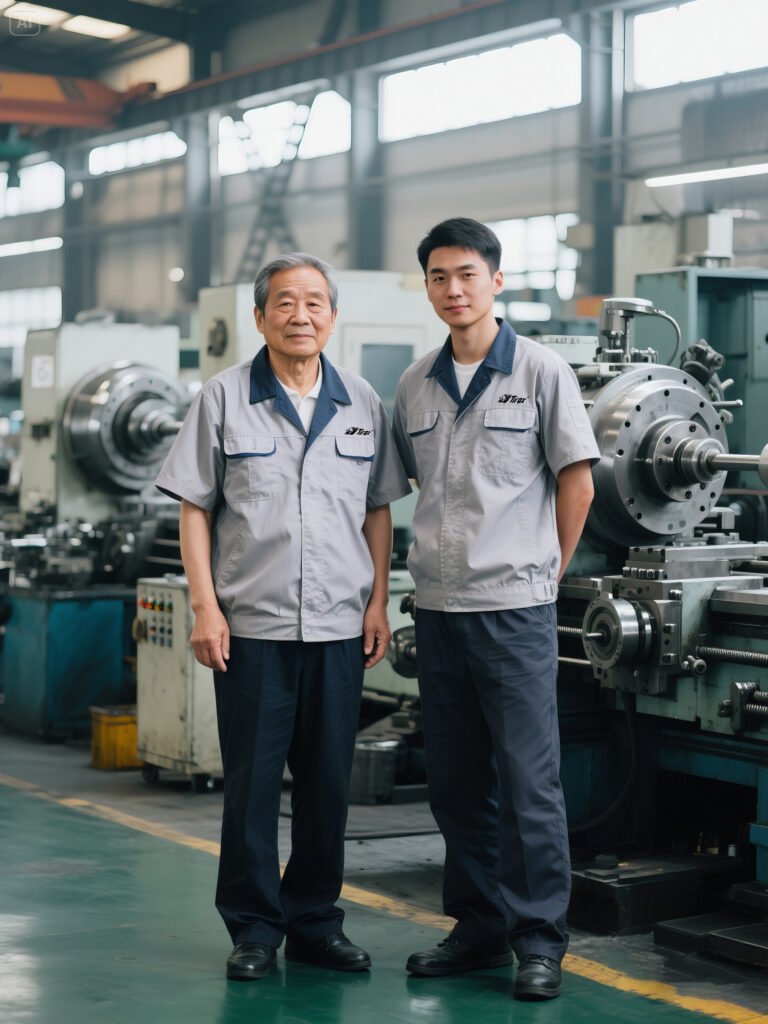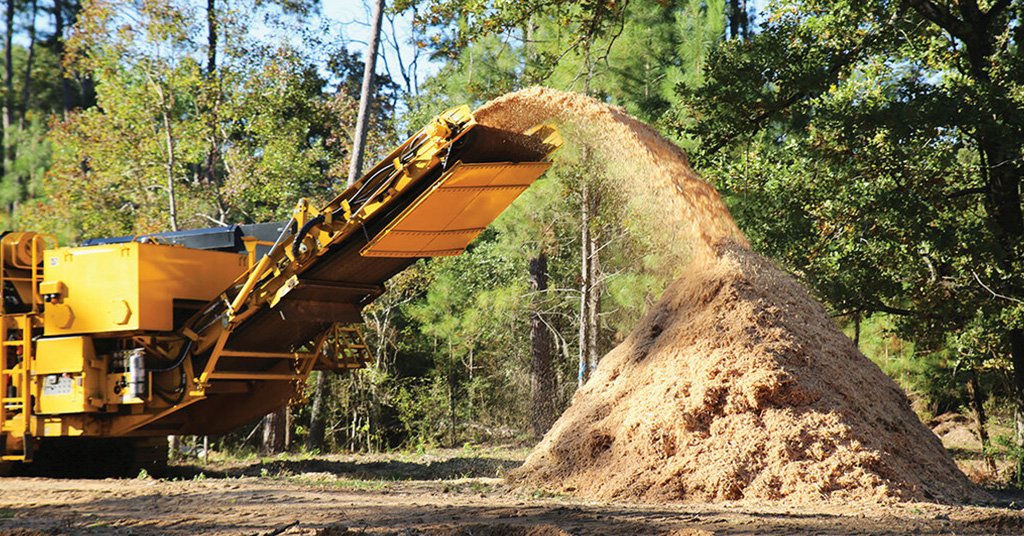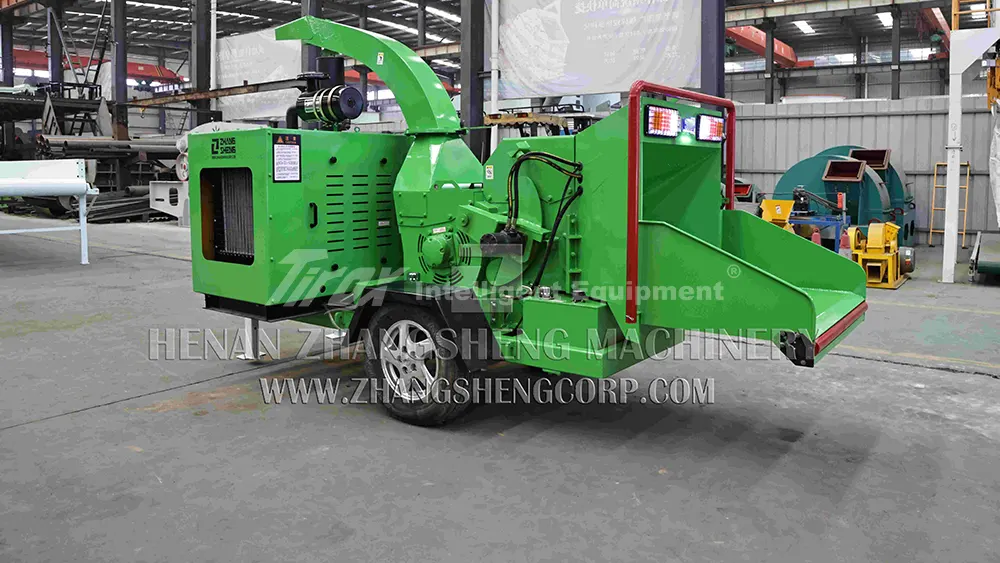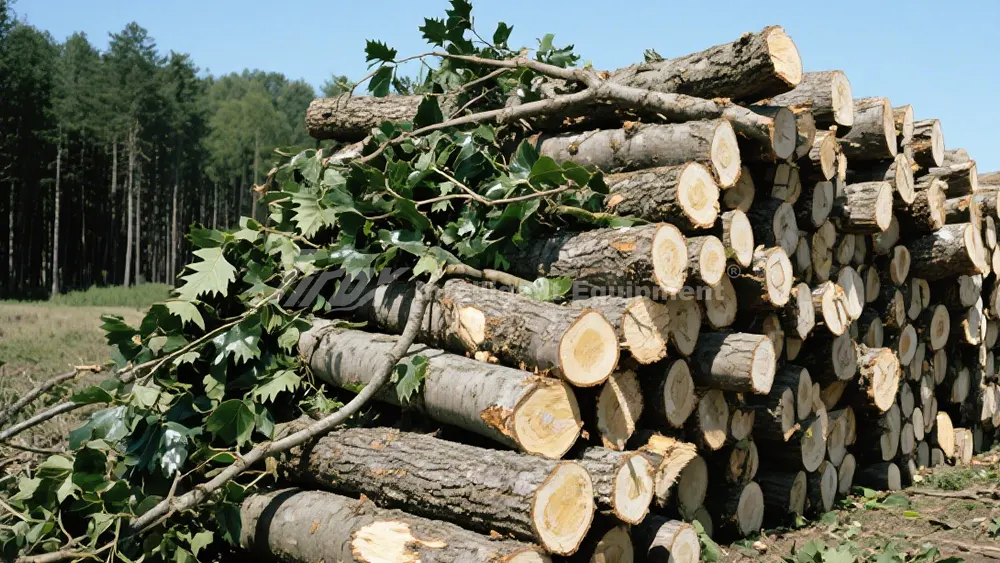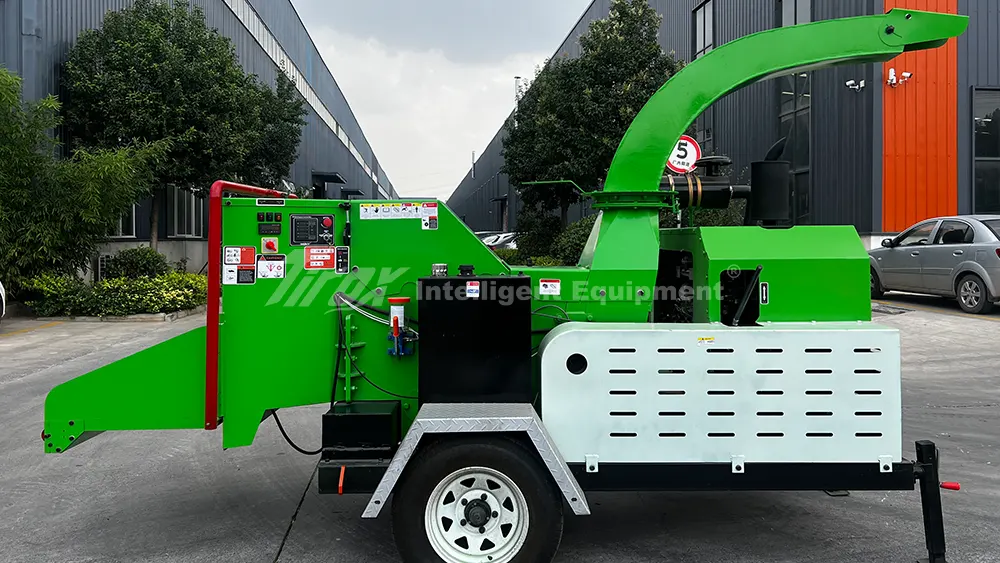When you’re buying industrial wood chippers, you’ll often have to choose between mobile and stationary models. Since everyone’s usage scenarios and specific machine requirements are different, the right choice of industrial wood chipper can make a big difference in your production efficiency.
When you’re buying industrial wood chippers, you’ll often have to choose between mobile and stationary models. Since everyone’s usage scenarios and specific machine requirements are different, the right choice of industrial wood chipper can make a big difference in your production efficiency.
Before we get into it, let’s go over the basics of mobile and stationary options.
Mobile wood chippers are designed to be moved to different locations easily. They usually have wheels or some kind of portable structure so you can take them to different work sites. They’re good for situations where you need to move them around a lot, like temporary construction sites or if you need flexibility. Stationary wood chippers are installed in one place. They’re usually used in wood processing plants or on long-term production lines. They tend to have higher processing capacity and are good for long-term production needs.
Once you understand the basics, Daniel, Tirox’s expert wood processing solution designer, says, “I usually advise considering factors like workspace, production goals, transportation and installation logistics, and investment costs when deciding on the type of industrial wood chipper to install.”
workspace
The first thing to think about is your workspace. You might think, “If I have a workspace that’s not fixed and I need to move around a lot, I should get a mobile industrial wood chipper. If I have a workspace that’s fixed, I should get a stationary industrial wood chipper.” But Daniel says, “Workspace shouldn’t just consider where wood processing happens. It should also consider where the finished work happens.” For example, a landscaping company trims tree branches and shreds them to maintain urban greenery. They might think they need a mobile wood chipper so they can move around the city easily. But if the shredding process is part of a production line where they take the shredded wood chips and use them as raw material to make biomass fuel, they need a stationary industrial wood chipper because they have a long-term, stable production need. So, think about where the completed work is done, not just where the processing happens, when you’re choosing a wood chipper.
production goals
The second thing to think about is your production goals.
- How much material do you need to process?
- How much do you need to produce every day to keep your production line running smoothly?
Daniel says, “In my daily work designing wood processing solutions, I analyze your wood processing needs, including the volume of wood you need to process each day or week.” If you need to process a lot of wood efficiently, a stationary machine might be better because they usually have higher and more stable processing capacity and efficiency. If you don’t need to process as much and you need to be flexible between different sites, a mobile machine can be a flexible solution.
transportation and installation
The third thing to think about is transportation and installation. Once you know your production goals, you need to think about how you’re going to move the machine around and install it. Daniel says, “Choosing a mobile industrial wood chipper isn’t without its challenges. While it offers flexibility in handling various work sites, it also raises new questions. How will you transport it to different locations?” Mobile machines might require more frequent relocation and setup processes. If you choose a stationary machine, you need to plan the layout and installation to fit your production line.
investment costs
The fourth thing to think about is investment costs. “Of course, one of the most critical factors is considering your own investment costs,” says Daniel. Mobile equipment might have a lower initial investment, but it might have more maintenance and relocation costs in the long run. Stationary equipment might have a higher initial investment, but it usually has a longer lifespan and lower operating costs.
In conclusion, there’s no one-size-fits-all answer to whether you should choose a mobile or stationary industrial wood chipper. The most important thing is to understand your company’s specific needs and budget considerations. Think about these factors and prioritize them to make your decision. If you’re still not sure or you need more help, please contact us. Our expert team is here to help you and we have a variety of models and options to meet your needs.

